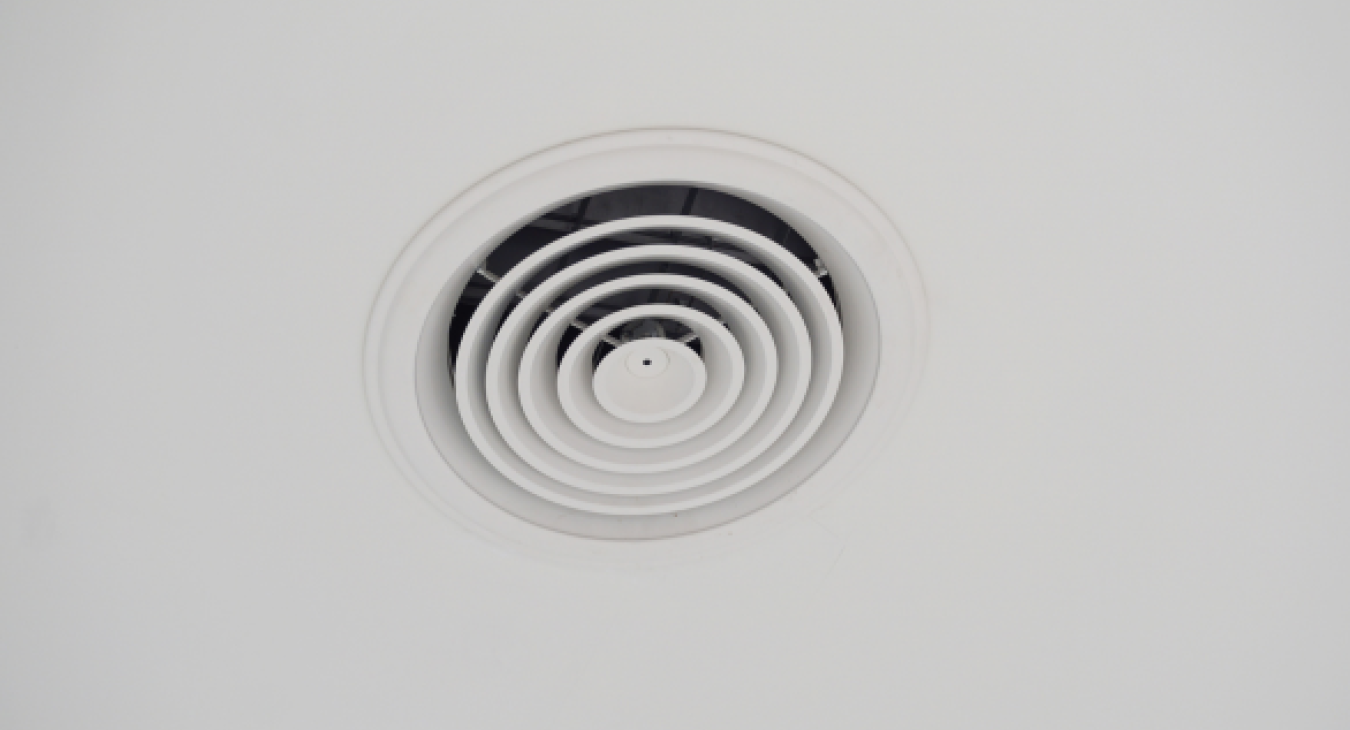
What are extractor fans and why do we need them?
Extractor fans remove moist, stale, or smelly air from our Bristol homes and help drag fresh air back into our properties. There are several reasons why this is necessary:
Moisture
Wherever there are people there is moisture. We cool ourselves by sweating and evaporating the moisture, we breathe out moisture and then there are the activities that we perform. In domestic properties we carry out washing and drying of clothes, cooking, showering, and bathing. All these activities produce varying degrees of moisture that, if not removed, is likely to lead to mould, mildew, and property damage.
Cooking Odours
Along with the moisture produced from our activities, there are the smells too! Extracting the smelly air from our homes is important to prevent penetration into the soft furnishings and surrounding surfaces.
Showering
This is perhaps the worst activity for increasing the moisture levels in our homes. Landlords are having a difficult time right now with increasingly tight legislation regarding mould, damp, and moisture control!
Different types of Extractor Fans
There are different options when it comes to extracting air from your Bristol property and each situation may require careful consideration.
Wall Fan with direct venting
Where a fan is installed in the wall and vents directly to outside, it can work very well if installed correctly. Air will be extracted from the room no matter where the fan is mounted but for warm moist air (the stuff we want to get rid of) the fan will need to be mounted as close as possible to the moisture source and the ceiling in order to effectively extract the wet stuff outside.
Ceiling Fan with ducting
Ceiling fans work very well as warm moist air rises up to the highest point. Directly venting this into a loft space is a serious NO as wet air will fill the loft causing condensation, mould in the loft and the plasterboard below. Where fans are mounted into a ceiling, the air should be removed directly through the roof using solid ducting where possible or through the soffits at the eaves.
Inline Fans
Inline fans allow the installation of a ceiling fan almost anywhere in the ceiling as long as the ducting can be fitted above and there is a suitable location for the inline motor. Inline motors can be incredibly powerful and will suck the air through the intake vent and push it along any ducting out through the exit point of the building.
Centrifugal Fan
Where inline fans cannot be used and there is a great deal of moisture to evacuate, centrifugal fans are incredibly powerful but are often a little larger than a typical 100mm fan to allow for a larger motor. The result is a greater air flow rate and extraction level but a larger box on the wall!
Solid Ducting VS Flexi Ducting
Solid ducting tubes are the best way of evacuating air through a vent system. Flexi tubes can be far more convenient for initial installation but due to their construction, air flow is impeded and the ridges can allow for mould and mildew to gather, water to settle and nasty conditions to develop. Where possible, all extractor fans should be installed using solid ducting.
What make and model?
Whatever the type of ceiling fan that is intended for installation, cheap and unknown makes should generally be avoided. At Allied Electrical Services, we only use high quality fan products from reputable wholesalers that will perform exceptionally and stand the test of time.
Extractor Fan Installation in Bristol
We offer the full service from start to finish for your extractor fan installation. We can make the circular opening holes for wall mounted fans, install the ducting for inline fans, create a ducting system for multiple fans and vent out through roof ventilation tiles.
If you are a Bristol landlord struggling with damp from showers in your properties, a keen chef constantly boiling pans or perhaps a commercial business owner that needs to manage the moisture levels in the work environment, we have solutions for everyone.
Get in touch with us today to discuss your requirements.










